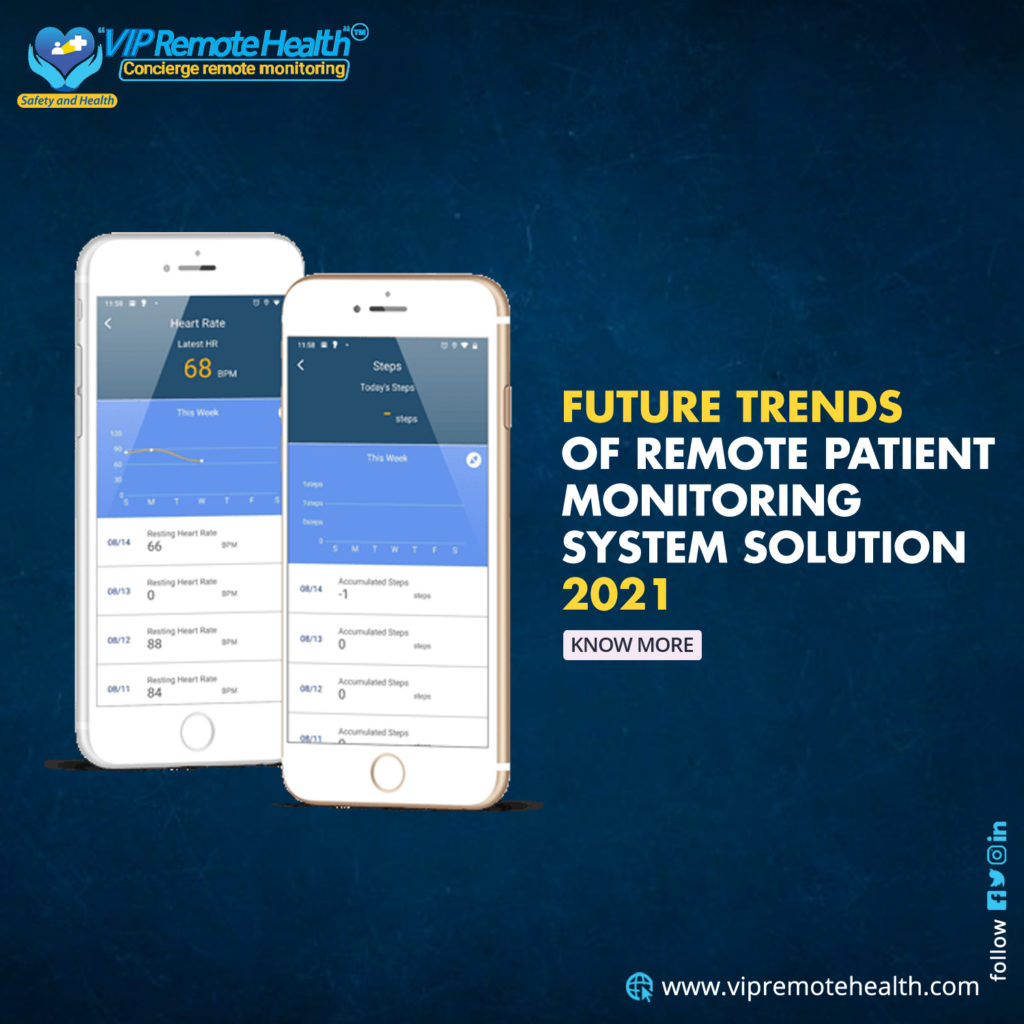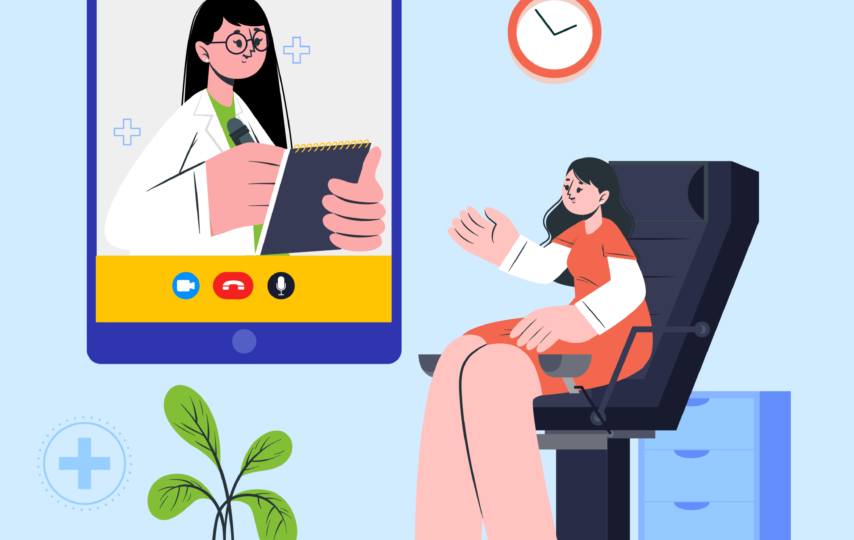The widespread of the COVID-19 pandemic has imposed an immense challenge upon the medical personnel throughout the world. As direct interactions between medical providers and patients suddenly become perilous, the value of modern digital technology has evolved immensely.
You will get a lot of information on the internet about the advantages of telemedicine and its steep growth of usage during this ongoing COVID-19 situation. Here, we will focus on remote patient monitoring solutions (RPMS), which have been less unveiled in medical publications so far.
Importance of Remote Patient Monitoring Solutions in the Medical Field
The truth is that most organisations and professionals in the medical field are bending into remote patient monitoring software to fight against this pandemic. Even well before the outbreak of covid-19, providers were already putting on RPM to their services.
Remote patient monitoring consists of interconnected devices between the patients and the caregivers to restrain cross-infection between patients and health professionals with the help of automatic monitoring system. These systems can synthesize self-reported data, which are received from patients, like monitoring of glucose.
Remote patient monitoring (RPM) mainly plays an active role in the imminent detection of health complications of the COVID-19 virus. Hence it increases patient safety and minimizes the risk of spreading infection.
With the help of medical wearable sensors, it is possible to transmit data without the slightest physical contact to a central monitoring system. The medical staffs keep monitoring the patients from a central remote location and respond to the changes accordingly.

How do Remote Patient Monitoring Solutions work?
In the combined application of remote patient monitoring and telemedicine, the medical personnel directly connect with patients in a touchless and secured medium via video calling.
With the help of remote patient monitoring solutions, patients can measure and share their symptoms with physicians. This can be done by using apps combined with medical devices like thermometers or oximeters.
At the physician lab, the accumulated data from multiple patients has been sum up and presented on an electronic dashboard, which afterward will be monitored by an experienced medical expert.
According to medical rules, the dashboard usually keeps the ranking of patients by severity of signs. It helps to identify those patients quickly in time of need.
The means of remote patient monitoring software in the light of the COVID-19 situation and upcoming other vulnerable diseases provides the following solutions.
For the Doctors & Medical Staffs
- Safe and effective medical care tool. The latest technology can detect COVID-19 complications early.
- Help conserve capacity of hospital beds
- Development of patient monitoring frequency
- Elevate feeling of safety for both patients, medical practitioners, and staffs
- Improving the communication between patients and caregivers without any overburden
- Aid to minimize the risk of transmission of COVID-19 virus.
- Maximize clinical impact with available resources.
- Better utilization of medical sources such as the facilities, medical staff, and others.
For the Patients
- Reduced effort and time travel.
- Real-time detection and action for quick attention.
- Reduction in hospitalization costs.
- Better adherence to the medication schedule.
- Familiar spaces are more comfortable for most of the patients than hospitals.
Also Read: 5 Reasons: Why Remote Patient Monitoring Systems are the Greatest Future of Healthcare?
The Future Trends of Remote Patient Monitoring (RPM)
RPM is ranked as one of the most used healthcare marketing trends for 2021. The above-mentioned benefits will make you understand the real influence it will have on the healthcare industry in the coming years.
RPM services do not always require interactive sessions. It is well versed in terms of applications. RPM helps in improving the potency of medical care in addition to decreasing medical expenses.
Most of the organizations in the healthcare industry are investing or thinking to invest in remote patient monitoring systems. And the positive side of this is, it keeps on evolving and improving more in 2021.
The following trends of Remote Patient Monitoring are being anticipated for the future:
- Increased acceptance and adoption of Remote Patient Monitoring in research real-real-life practice.
- Co-ordination and combination of technologies in applications of RPM.
- Rising participation of patients irrespective of ages in the utilization of remote patient monitoring.
- Developments and innovations in upcoming devices and technologies.
- Analytical application and assessments for better study of patient conditions.
Challenges of using Remote Patient Monitoring Solutions( RPMS)
The following barriers must be understood and overcome for the fruitful functioning of RPMs.
- Unwanted network interruptions
- Lack of proper training and adaptability
- Reliability of provided data
- Increased costs and affordability
- Privacy and security of the system
- Meeting the FDA norms
Closing
In the healthcare industry, Remote patient monitoring solutions possess a bright future in 2021. Everyone knows that this technology has helped the healthcare providers and the common people completely change their perception towards healthcare facilities. RPM systems will continue to develop with increased awareness, improving technologies and utilization.













